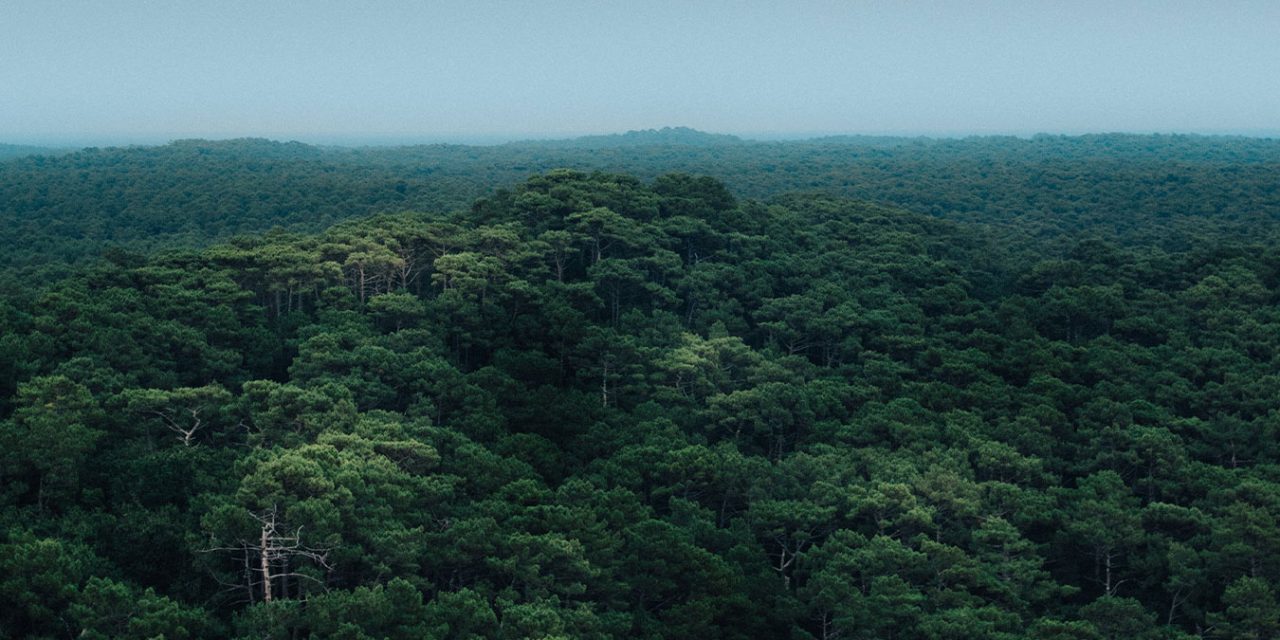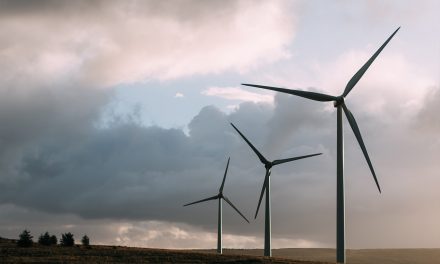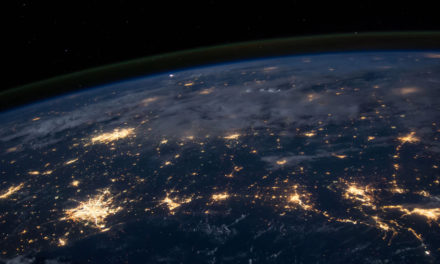
Environmental Protections Swept Aside
But the signs do not look hopeful. Bolsonaro’s environment minister, Ricardo Salles, has been convicted if environmental fraud and hadn’t even been to the Amazon region before he was appointed. Salles has fired veteran environmental inspectors, failed to appoint regional chiefs and is looking to privatise the satellite monitoring of deforestation in the Amazon. He also trying to weaken the voice of NGOs and civil society in deciding how the £1.3 billion Amazon Fund is spent. The Fund is financed by foreign governments and companies, and the biggest donors, Norway and Germany, are already concerned at the proposal. In the Brazilian congress, the powerful agricultural lobby is pushing for even greater relaxations of long-established environmental controls, including the breakup of protected areas. This would involve a reform of the forest code that would remove the obligation that farmers maintain forest cover of 50-80% on their land, which is being pushed by Bolsonaro’s eldest son, Flavio, a senator in the Brazilian congress.
A growing number of speculative land claims are already being registered inside protected reserves.
There are also a growing number of infrastructure projects in Brazil, which are taking their toll on the rainforest. The state of Para in the north of Brazil suffered the highest level of deforestation in all of Brazil in May. Para is home to the Belo Monte Dam, a huge project currently under construction to produce hydroelectric power on the Xingu River, and the BR163 highway through the Amazon.
“The spike in deforestation is depressing but hardly surprising: you have a government in Brazil who is dismantling nearly every environmental policy put in place since 1992 and who is harassing federal environmental agents, thus empowering environmental criminals,” said Carlos Rittl, the executive secretary of the Climate Observatory, an NGO formed by a coalition of environmental groups.]]>
This would involve a reform of the forest code that would remove the obligation that farmers maintain forest cover of 50-80% on their land, which is being pushed by Bolsonaro’s eldest son, Flavio, a senator in the Brazilian congress.
A growing number of speculative land claims are already being registered inside protected reserves.
There are also a growing number of infrastructure projects in Brazil, which are taking their toll on the rainforest. The state of Para in the north of Brazil suffered the highest level of deforestation in all of Brazil in May. Para is home to the Belo Monte Dam, a huge project currently under construction to produce hydroelectric power on the Xingu River, and the BR163 highway through the Amazon.
“The spike in deforestation is depressing but hardly surprising: you have a government in Brazil who is dismantling nearly every environmental policy put in place since 1992 and who is harassing federal environmental agents, thus empowering environmental criminals,” said Carlos Rittl, the executive secretary of the Climate Observatory, an NGO formed by a coalition of environmental groups.]]>
- Why is California So at Risk from Wildfires? - 13th November 2019
- Carbon Offsetting is Growing but Does it Make a Difference? - 11th November 2019
- Three Confirmed Dead as Australia Prepares for “Catastrophic” Bushfires - 11th November 2019






